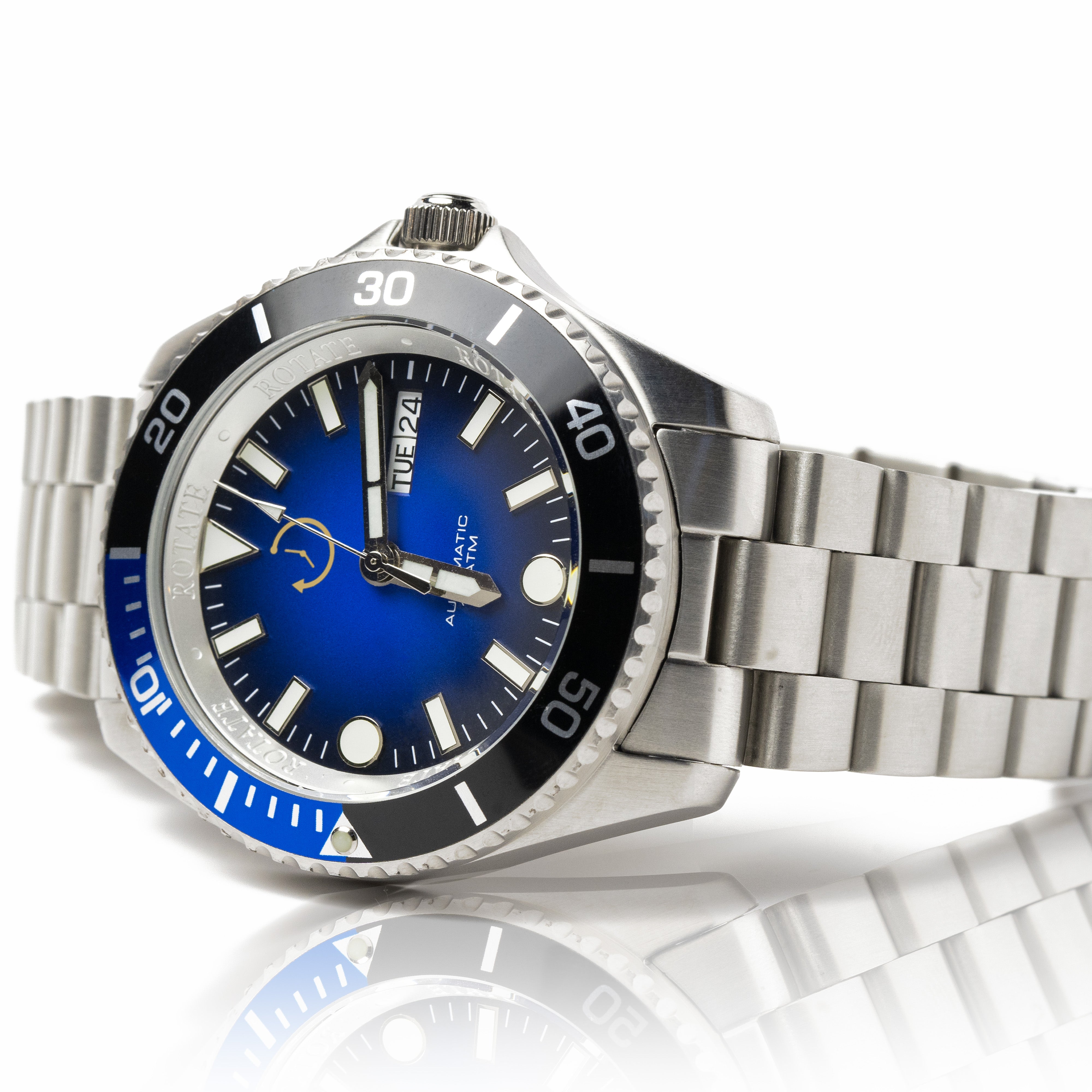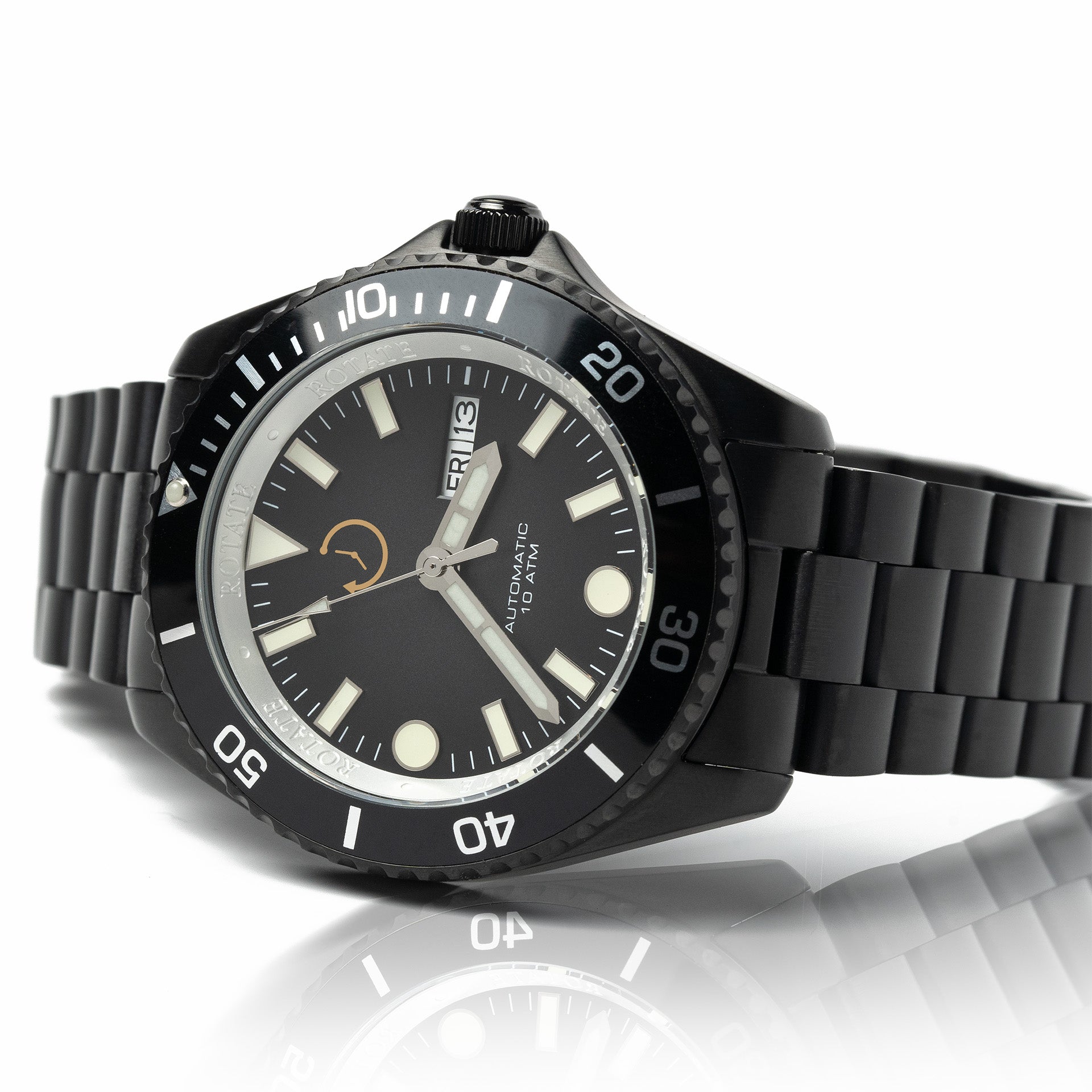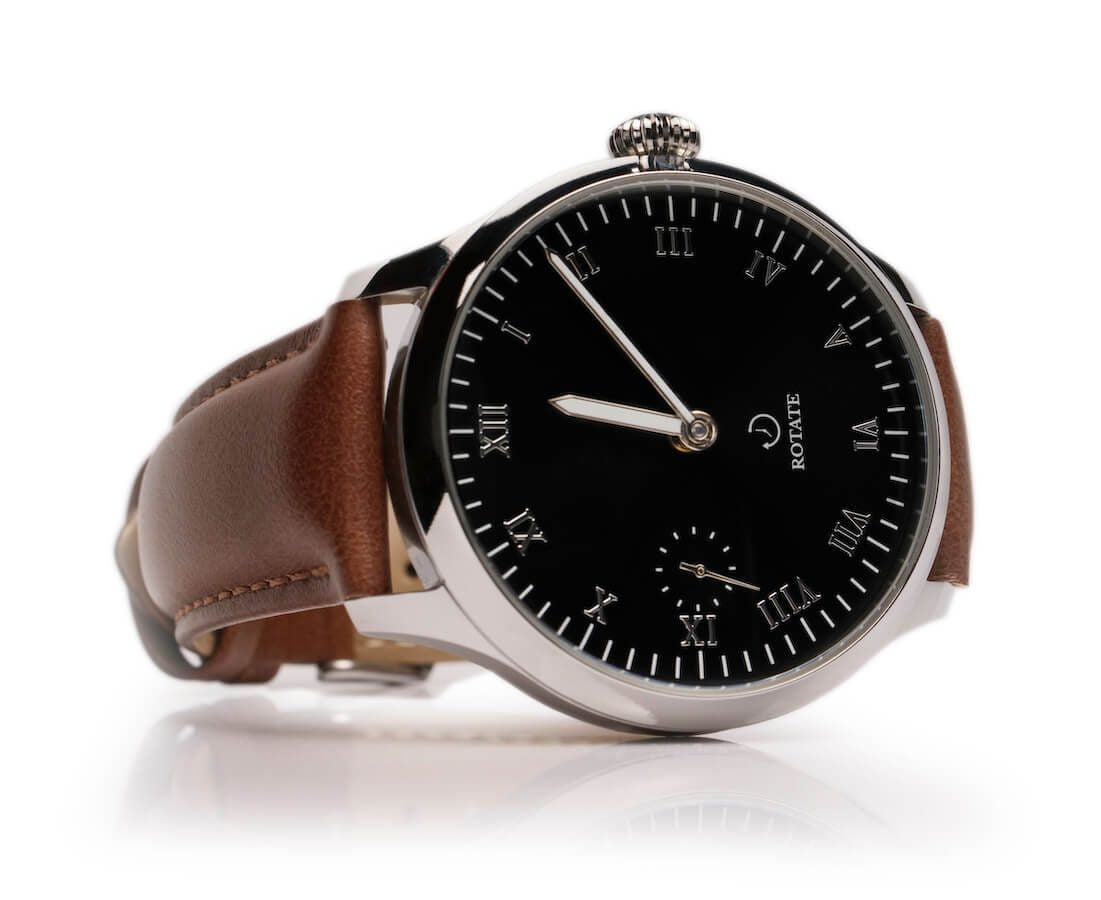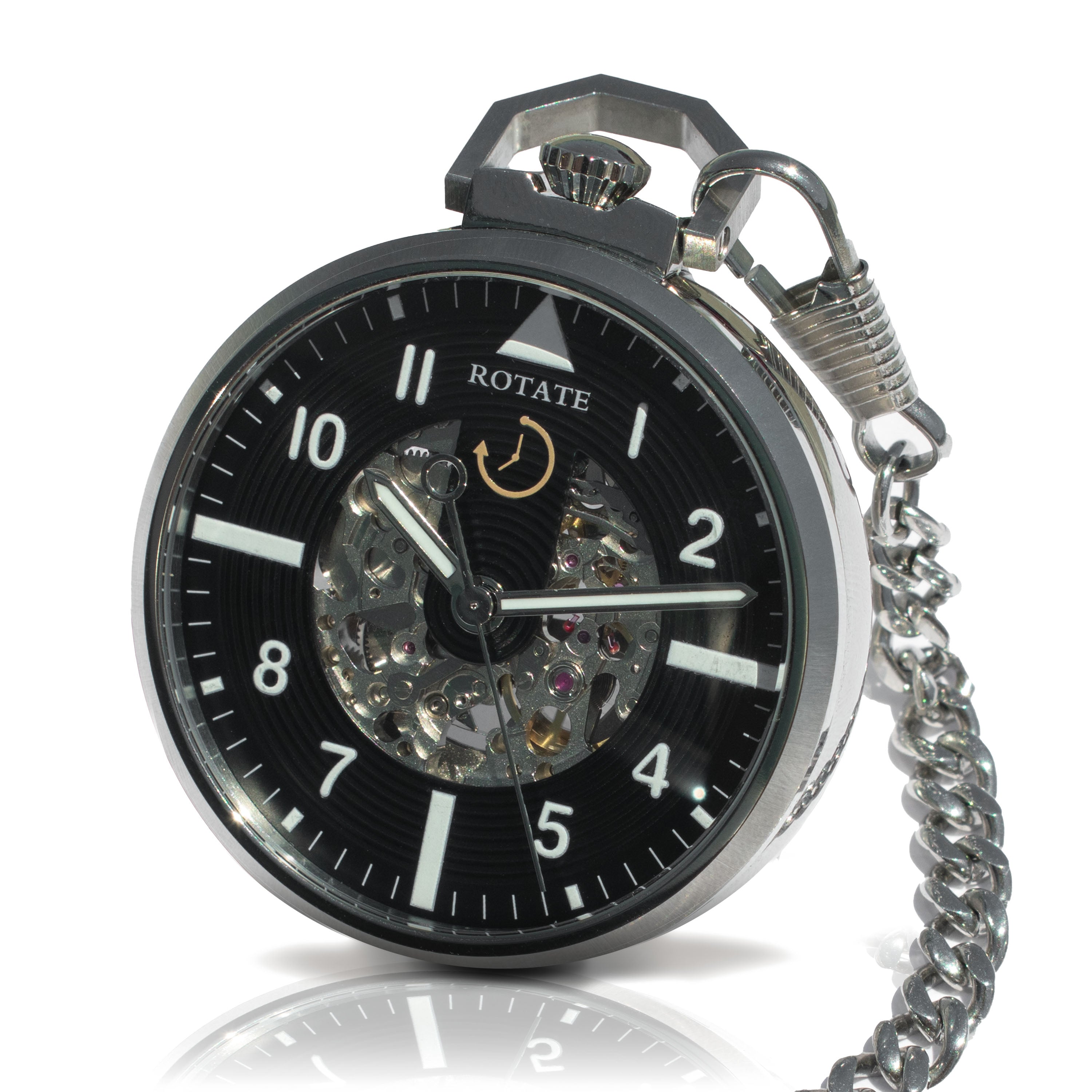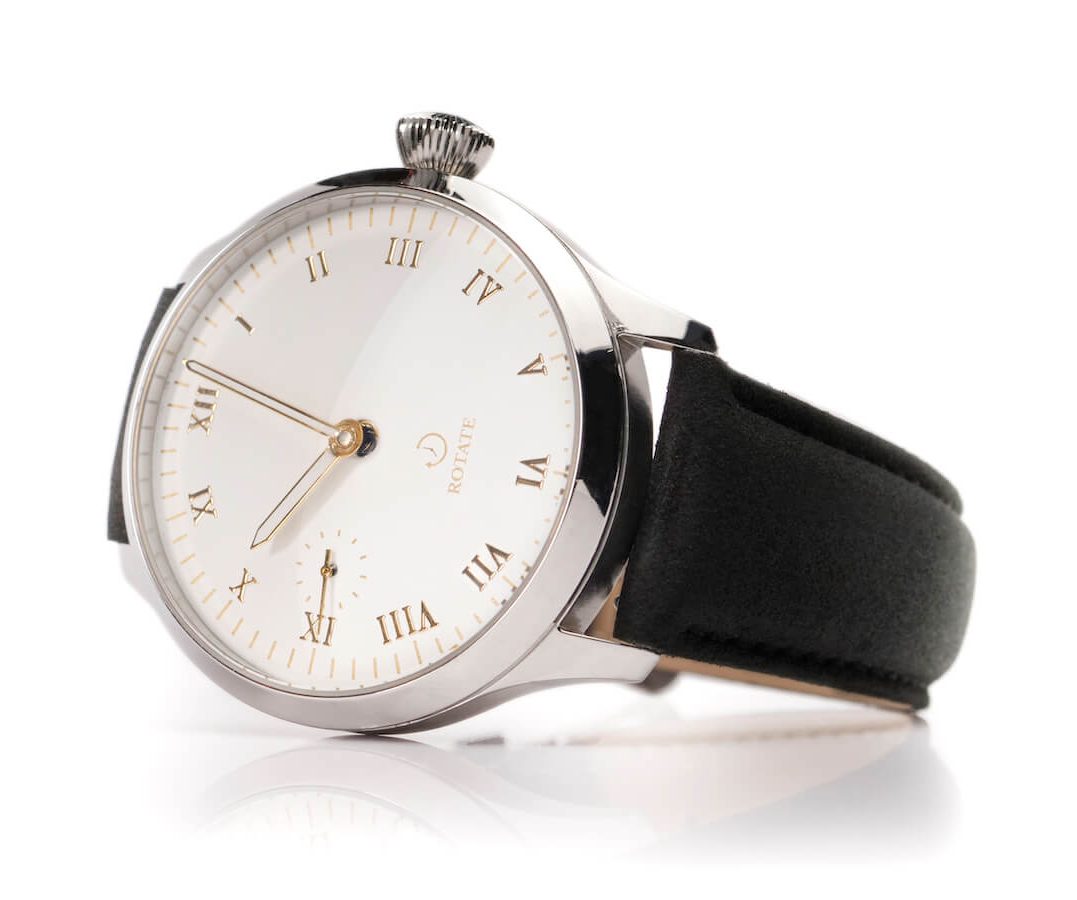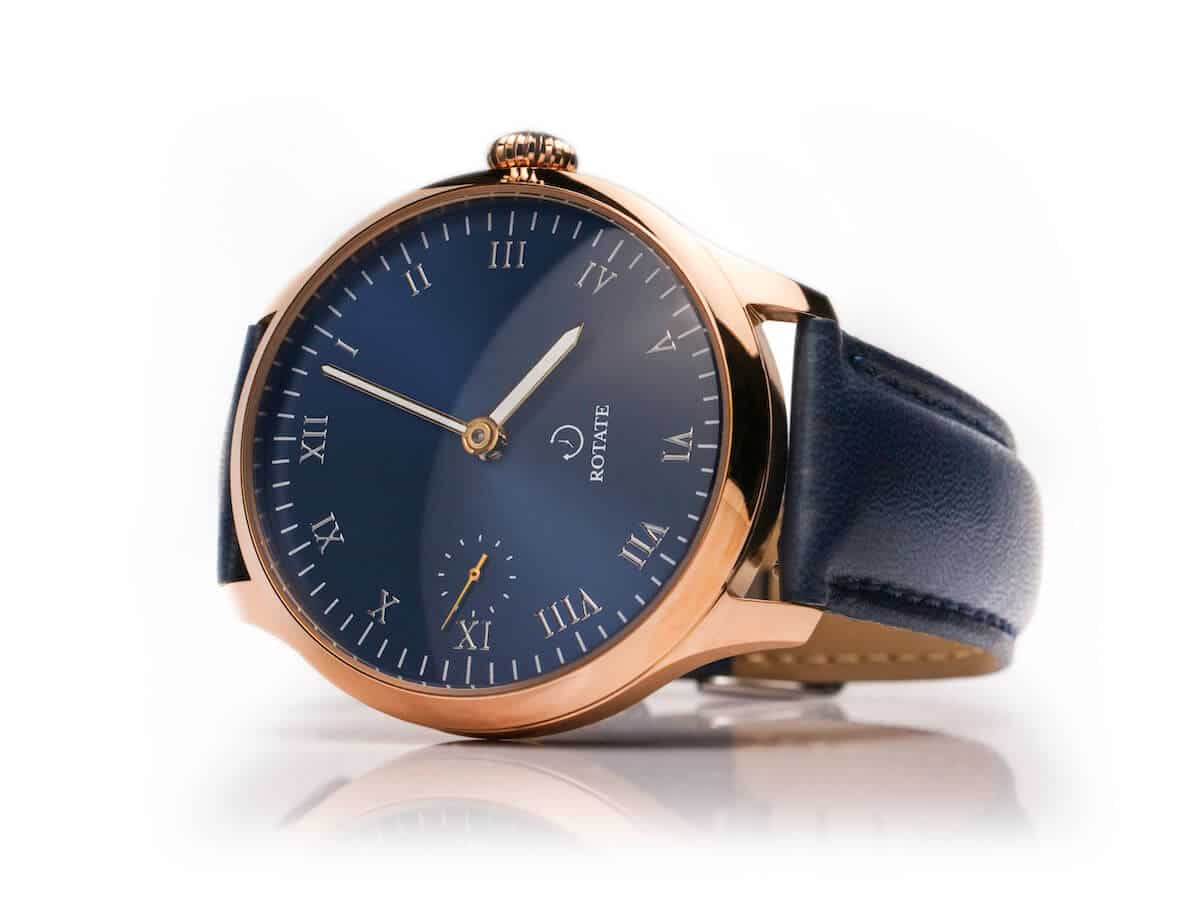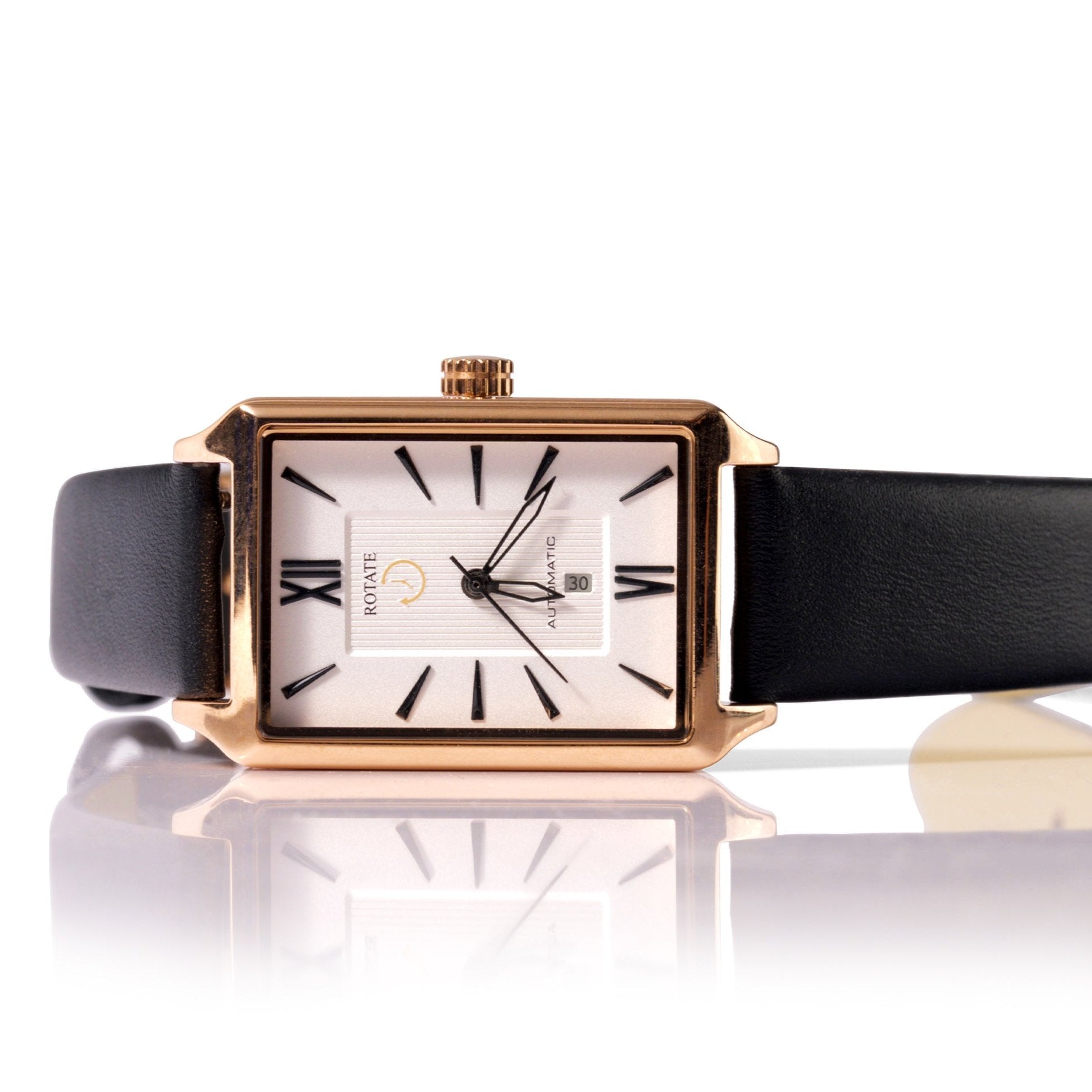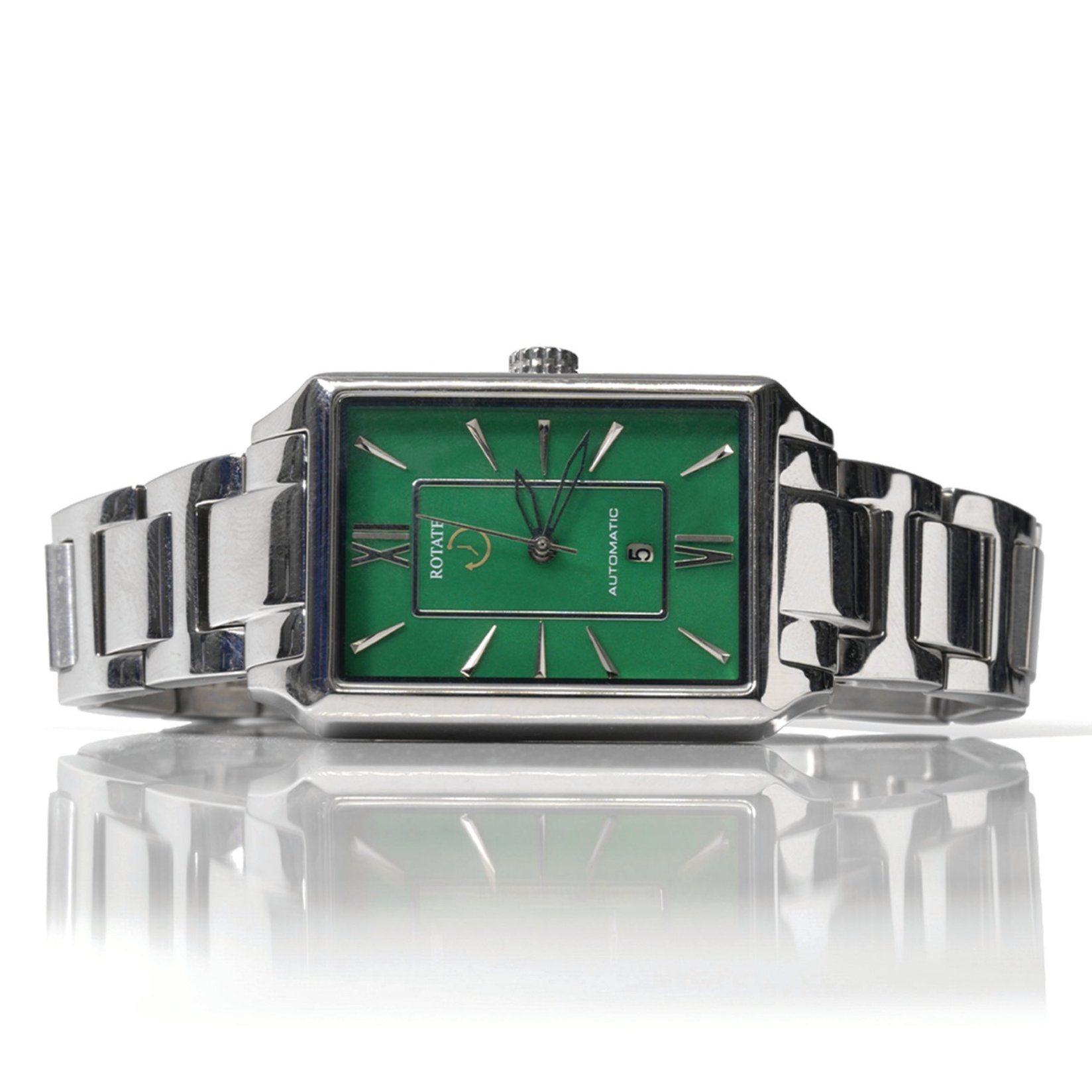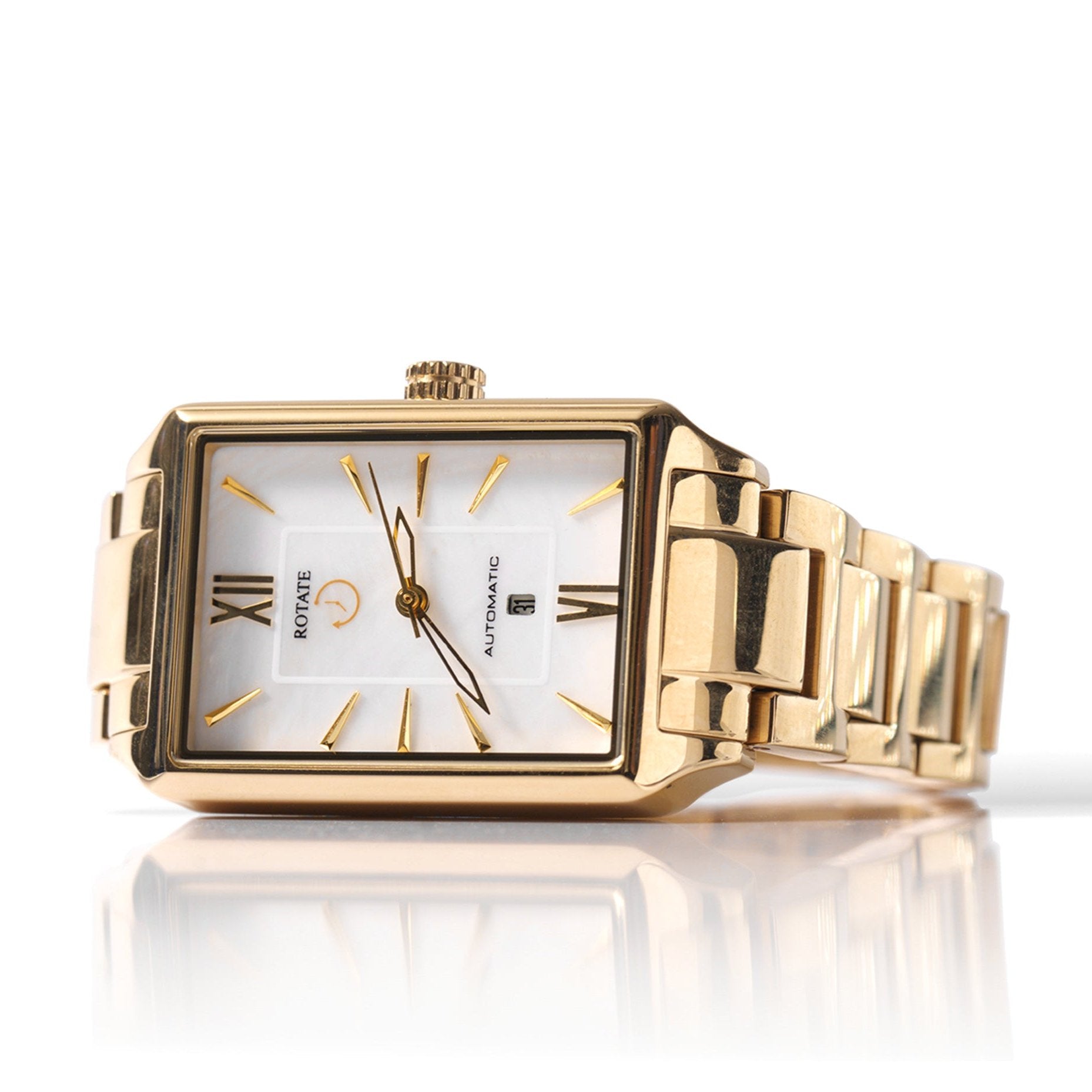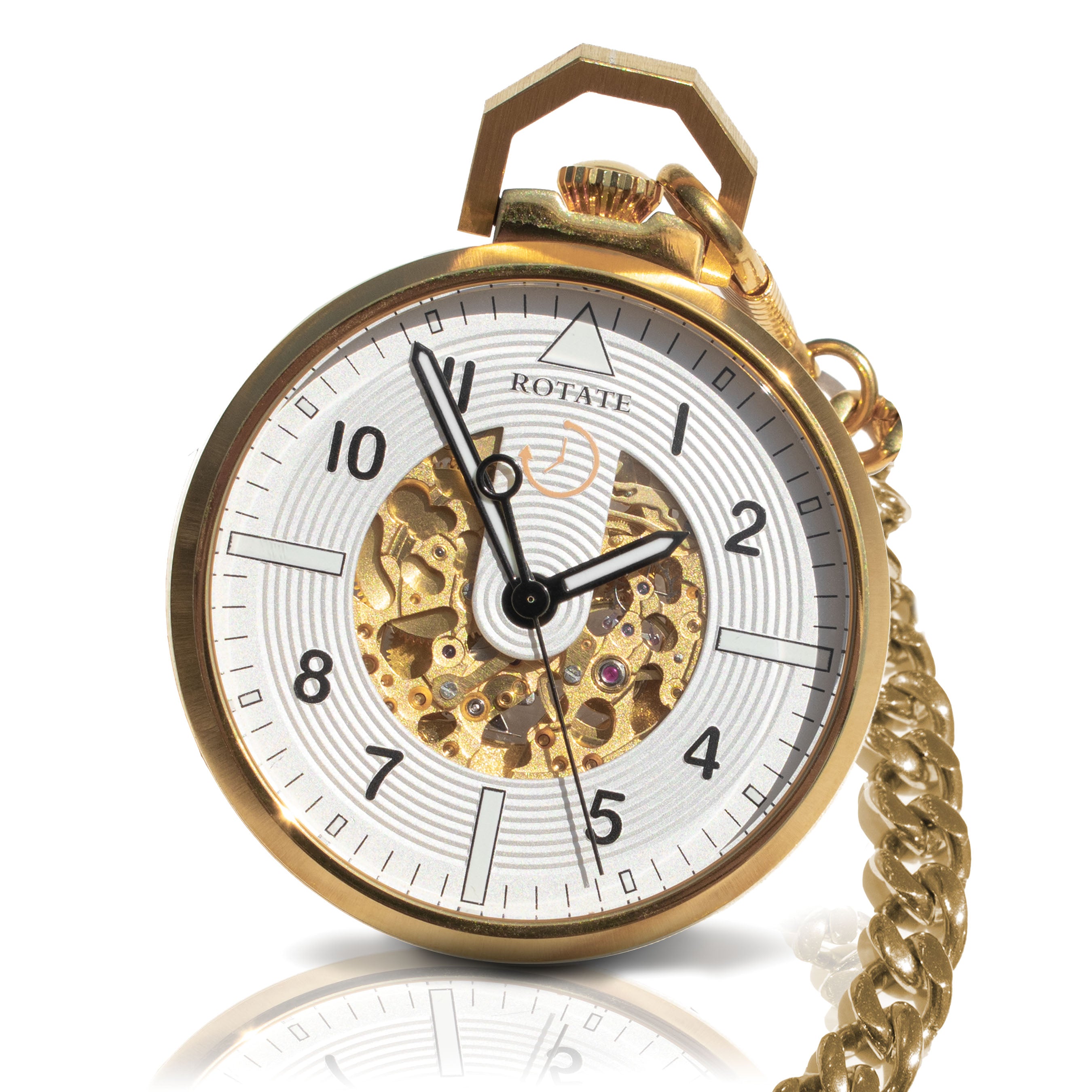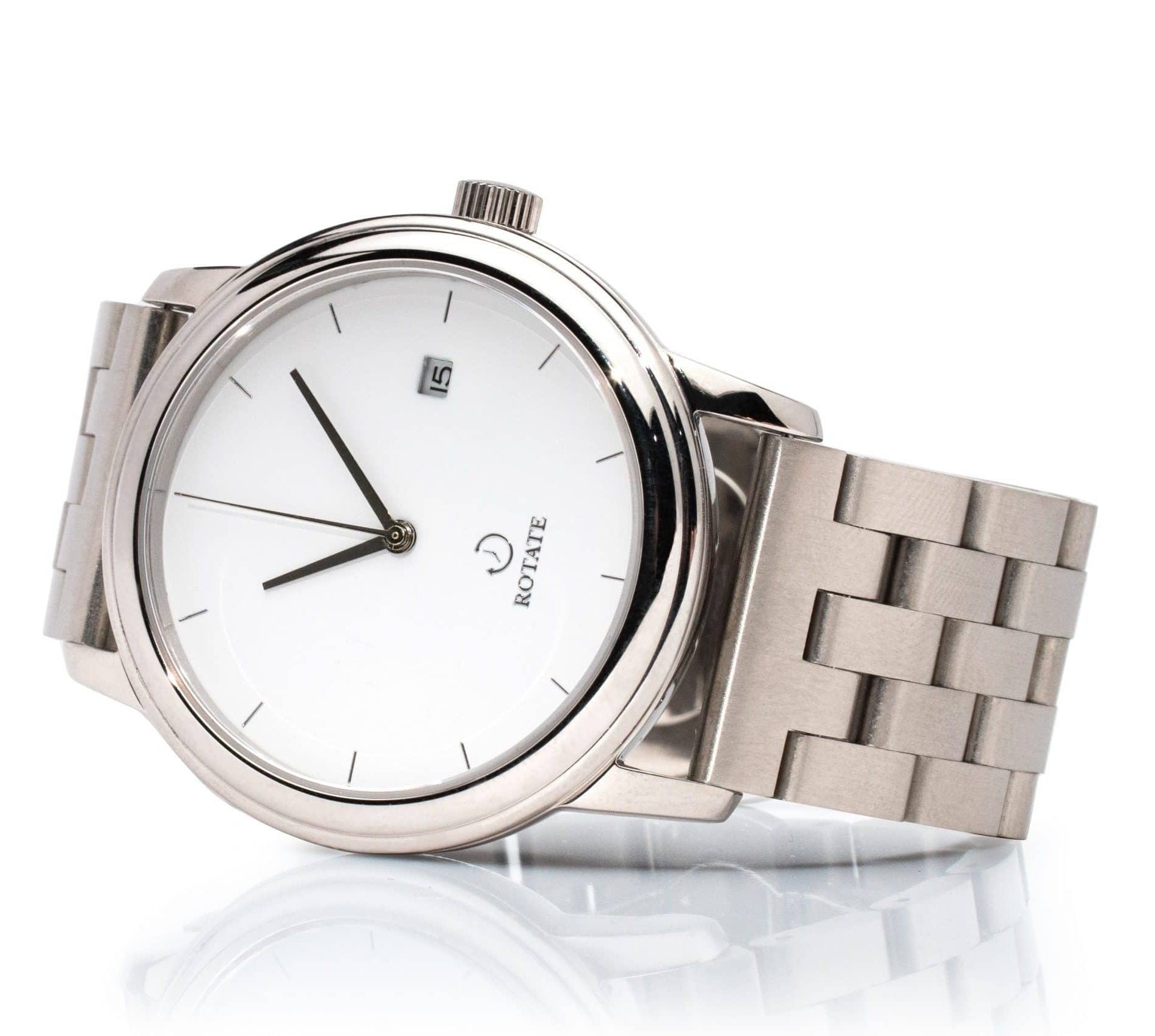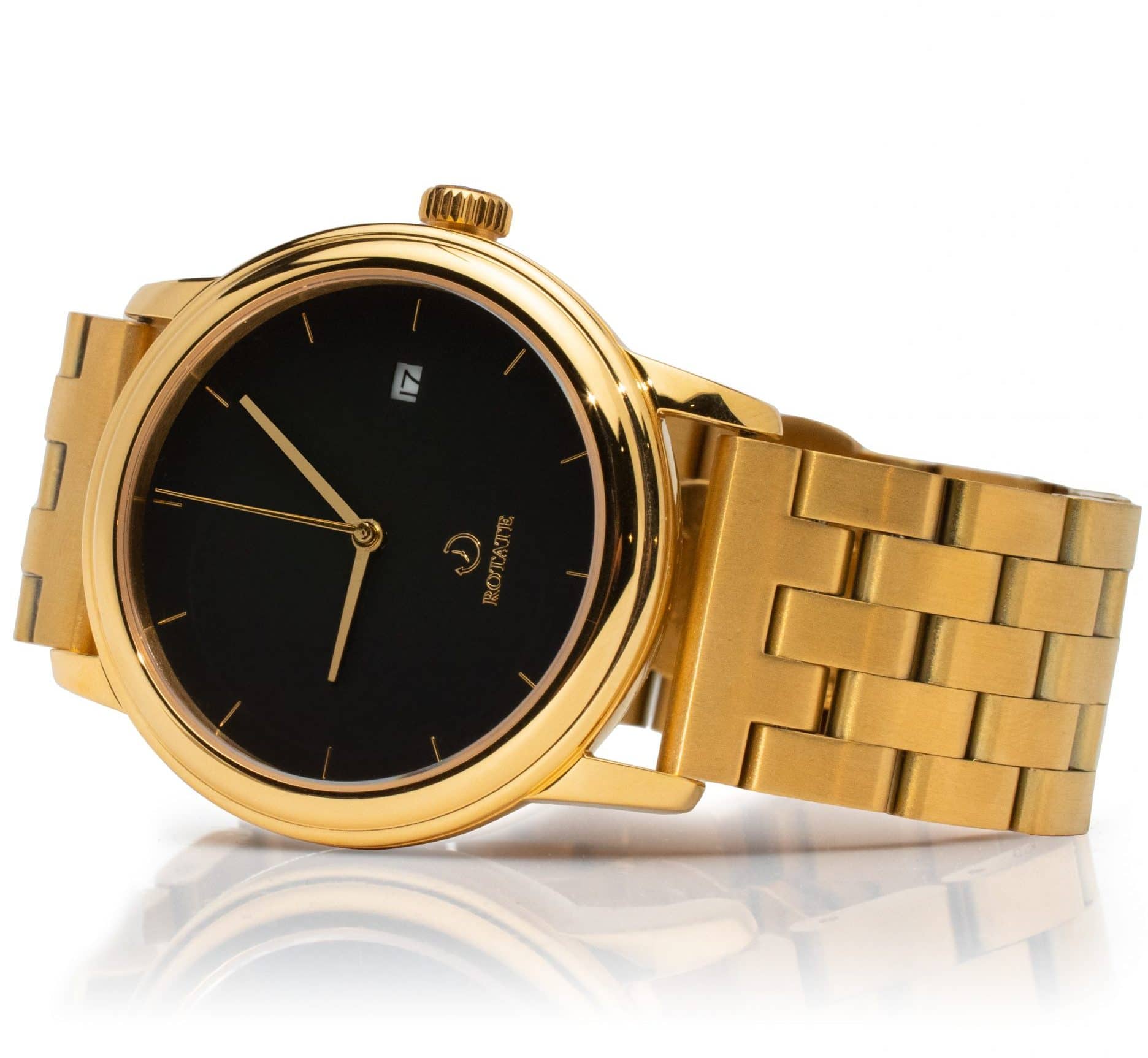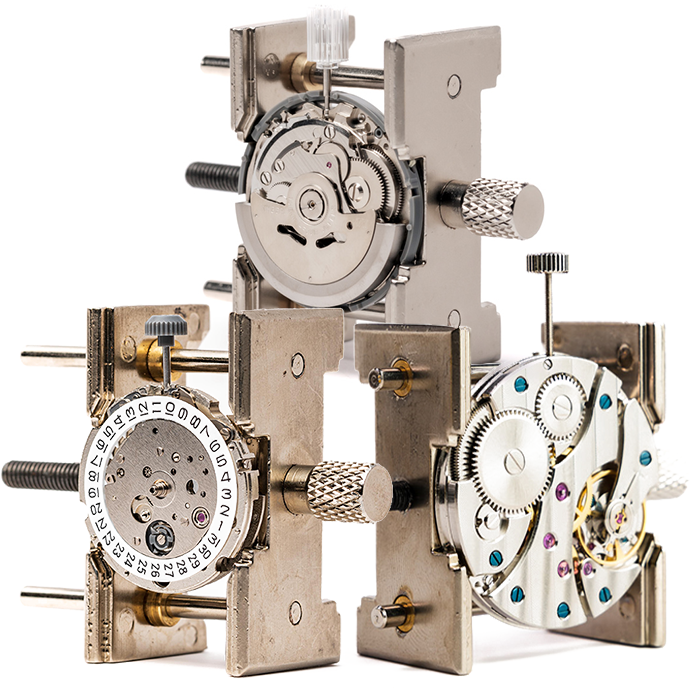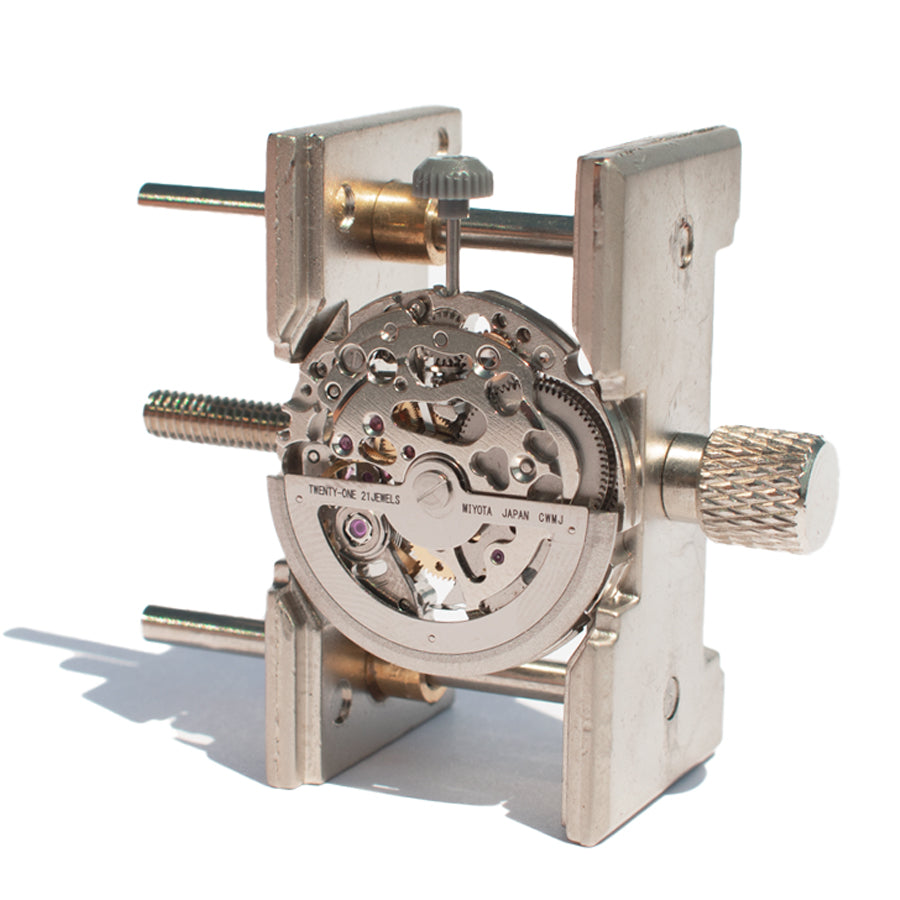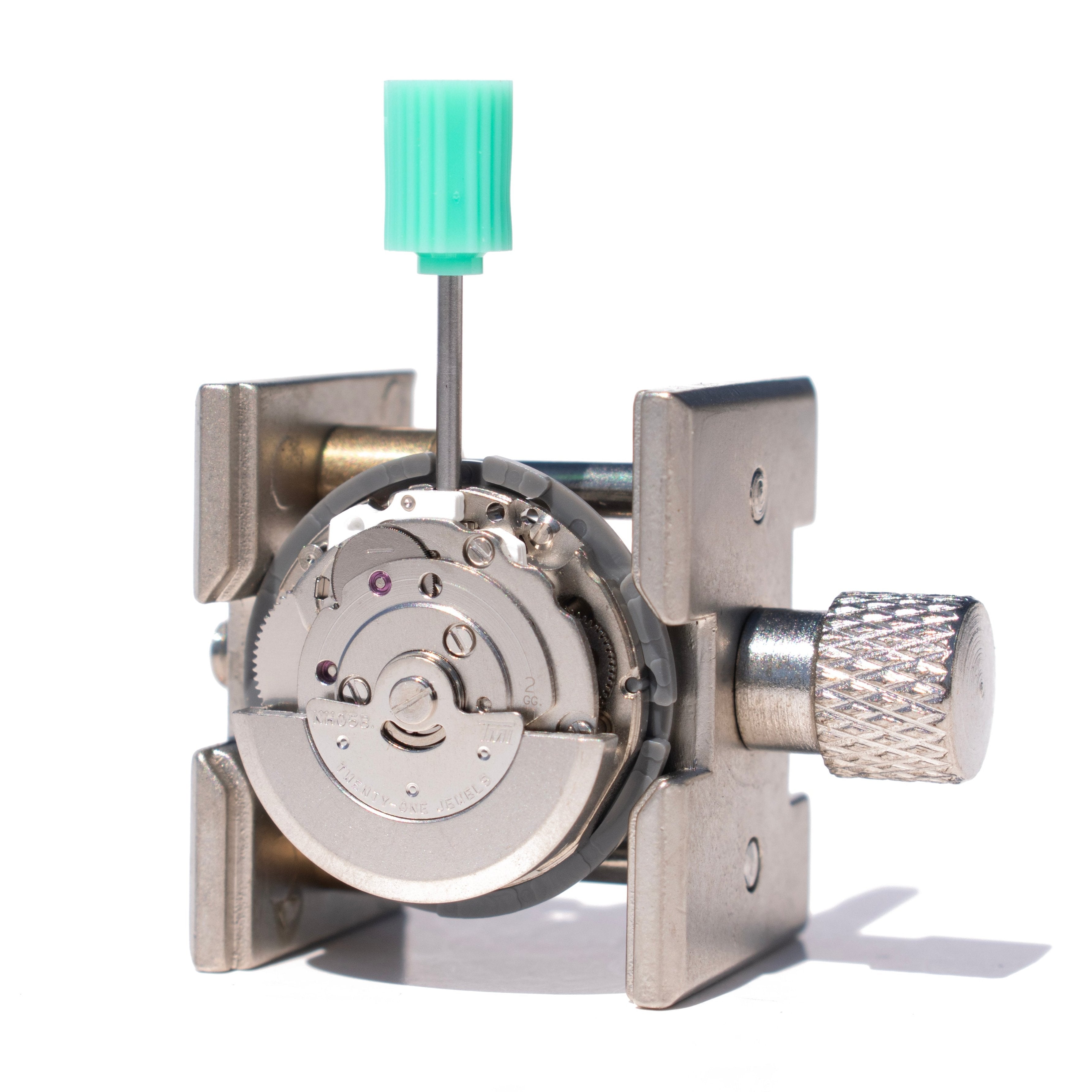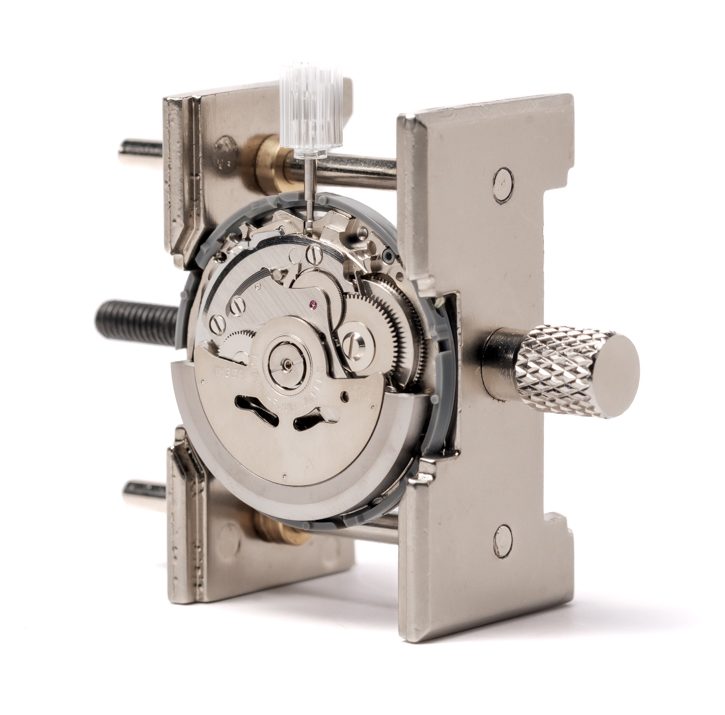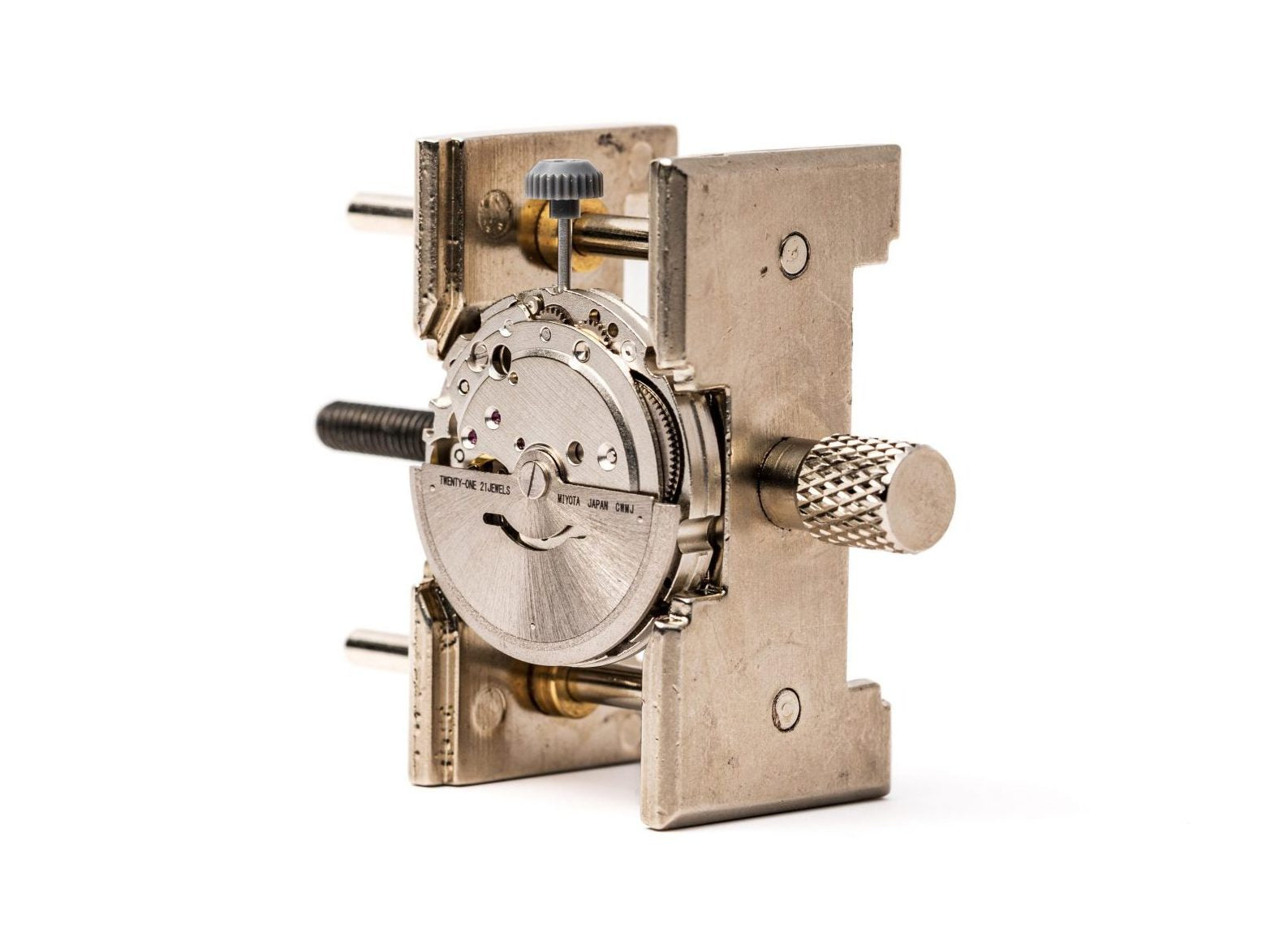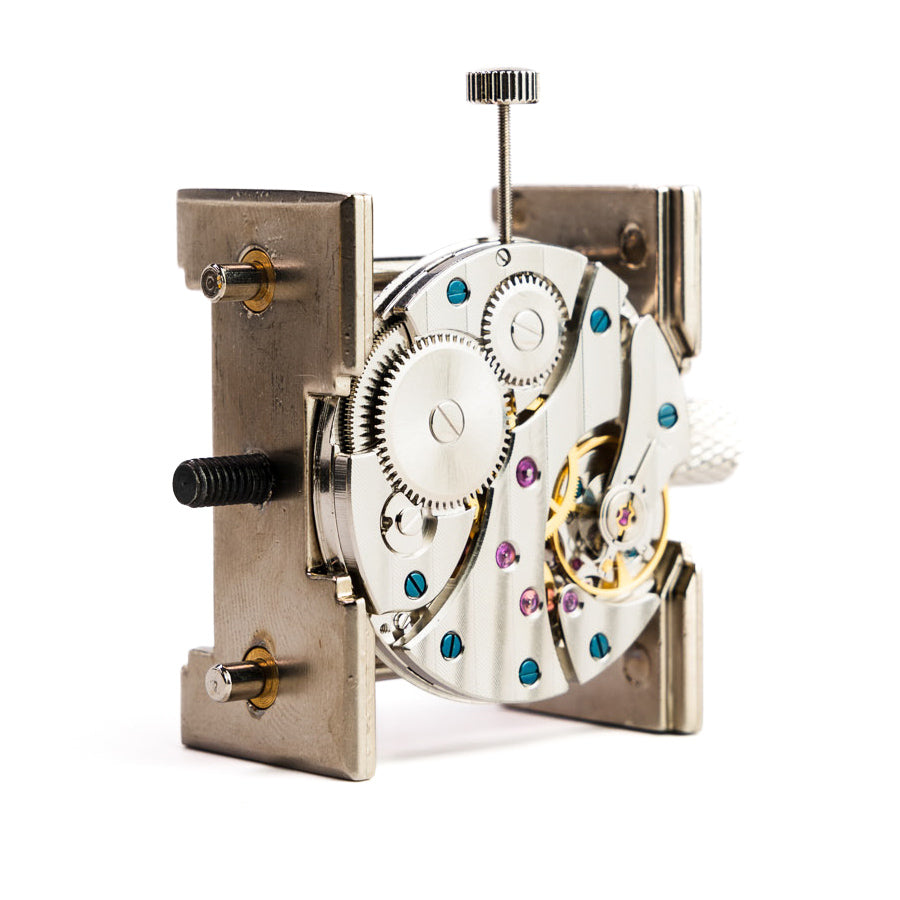
How Long Do Automatic Watches Last?
If you're thinking about investing in a new automatic watch, it's a great idea to research the watch's durability ahead of time. Knowing what to expect from the watch will help build you into the responsible owner of an automatic watch, which typically fetches a higher price tag than quartz watches.
When cared for properly, automatic watches can last a lifetime and more. Maintenance and replacing old gears and springs can extend the life even more. The mechanical watch parts require great attention to detail and skill to replace.
Overview of Automatic Watches
Mechanical movements typically have a power reserve of 34 to 44 hours. This means that when fully wound, that's how long they'll go for. Automatic watches (a subset of mechanical) can go for longer since they have a swinging rotor that'll store energy as you move. After the watch stops ticking, you'll just need to wind it back up.
It's tough to provide a precise time frame, though it's typically about 2-3 days. It's also important to consider how long the watch might last. Most mechanical watches, even the cheapest ones, can keep ticking for at least 40 years with proper care. An excellent automatic watch will serve you well for decades.
How Long Does an Automatic Watch Last Without Movement?
Automatic watches rely on the movement of your wrist to wind the mainspring and keep the watch running. Without movement, these watches will eventually stop, and the duration depends on the power reserve. Most automatic watches, such as Seiko models, can run without being worn for 34 to 44 hours on a full wind.
How to Ensure Long-Life
If you don't wear your watch every day, it's advisable to use an automatic watch winder. This device mimics the motion of your wrist, ensuring your watch stays wound and maintains accurate time.
How Long Do Automatic Watches Stay Wound?
The power reserve of an automatic watch is the period during which the watch continues to operate without additional winding. For most Seiko and other reputable brands, the power reserve typically lasts between 34 and 44 hours, though higher-end models may offer longer power reserves, such as 80 hours or even up to 120 hours with premium movements like the Oris Calibre 400.
Factors Influencing Power Reserve:
-
Movement design: Some movements are engineered for longer energy storage.
-
Quality of parts: Higher-grade materials (like Spron alloys in Seiko) allow for better efficiency and longevity.
-
Frequency of use: Regular wear keeps the rotor winding, maintaining the power reserve for longer.
How Long Does an Automatic Watch Last Without Winding?
If you don't wind your automatic watch, it will eventually stop once the power reserve runs out. Most Seiko automatic watches last between 34 to 44 hours without winding, while more advanced models can last up to 80 hours or longer.
For watches that aren't worn daily, using a watch winder can help keep them running and maintain time accuracy. If your watch has been stopped for a while, simply winding the crown manually 20-30 times will get it running again.
What Are the Proper Ways to Take Care of a Mechanical Watch?
You can do several easy things to keep your watch working for longer. Like most things, the outcome can be dramatically improved with care.
Winding:
An easy and straightforward option. Keeping the watch wound on a frequent basis will help with its longevity. Wearing it or just winding it will help loads.
If you’re new to understanding mechanical parts, a DIY watch kit is a great way to learn how basic components work without risking damage to your actual watch.
For those who want to go a step further, you can also build your watch from scratch using a mechanical kit. Assembling the movement yourself gives you a deeper understanding of how each component works, making you a more informed and confident watch owner over time.
Cleaning:
Keeping your watch clean is something that should go without saying. Dust, dirt, and pollution will accumulate on your watch with time, so thoroughly wipe it down with a microfiber cloth frequently.
This comprehensive kit includes over 40 individual parts that can be assembled into a mechanical hand-wound movement. The method, along with the necessary apparatus and an instructional manual, is included in this package. Take advantage of our early-bird special and receive a free carrying case. You can purchase this kit from our shop above.
FAQs
Q1: What are some of the most reliable automatic watch movements?
A: Some of the most reliable automatic movements include the Seiko 4R36 for its robustness, the ETA 2824-2 for its precision, and the Oris Calibre 400 for an impressive 120-hour power reserve.
Q2: What is the typical power reserve of an automatic watch?
A: Most automatic watches can store enough energy to run for 38-80 hours, depending on the movement design and mainspring capacity. Higher-grade movements can extend beyond that range.
Q3: Can I overwind my automatic watch?
A: Modern automatic watches have a clutch mechanism preventing overwinding. For example, the ETA 2824-2 has a slipping mainspring that stops tension buildup once fully wound. Manually winding more than necessary isn't recommended and may cause wear.
Q4: What should I do if my automatic watch stops working?
A: Follow these steps if it stops:
- Gently shake the watch to activate the rotor.
- Wind the crown 20-30 times (e.g., for a Seiko 4R36).
- Set the correct time.
If the issue persists, our team at Rotate Watches can assist with troubleshooting and repairs.
Q5: Where should I store my automatic watch when not in use?
A: A dry, dust-free space avoids corrosion or moisture damage. An automatic watch winder can keep the movement active if you're not wearing the watch daily. Manual winding before wearing also ensures reliable timekeeping.
Q6. How long do Seiko automatic watches last?
Short answer: Seiko automatic watches are designed to last for decades, often 40+ years with proper maintenance.
Seiko automatic watches, like the 4R36 or 6R15 movements, are durable and can last a lifetime when well-maintained. Regular servicing every 3-5 years ensures the watch continues to run smoothly.
Q7. How long does a stainless steel watch last?
Short answer: Stainless steel watches can last for decades or even a lifetime, with some models lasting well over 50 years.
Stainless steel is highly resistant to rust, corrosion, and tarnishing, which contributes to the longevity of the watch. However, regular care like cleaning and servicing is essential for preserving its condition and functionality.
Q8. How long does a quartz watch last?
Short answer: Quartz watches can last anywhere from 10 to 30 years or more.
A quartz movement requires minimal maintenance, and the most common replacement is the battery (every 1-5 years depending on the model). The internal components of a quartz watch can last for decades, even with regular use.
Q9. How long does it take for an automatic watch to stop?
Short answer: It usually takes 34 to 44 hours for an automatic watch to stop if not worn or wound.
The power reserve varies depending on the movement, but most automatic watches will stop running after around 1 to 2 days without winding or movement.
Q10: How long do mechanical watches last?
A well-maintained mechanical watch can last for decades or even a lifetime. The key is regular servicing every 3-5 years to clean, lubricate, and replace worn parts. High-quality mechanical watches, especially those from reputable brands, often run reliably for 50 years or more with consistent care. In short, their lifespan depends less on age and more on maintenance and how gently they're treated day to day.


